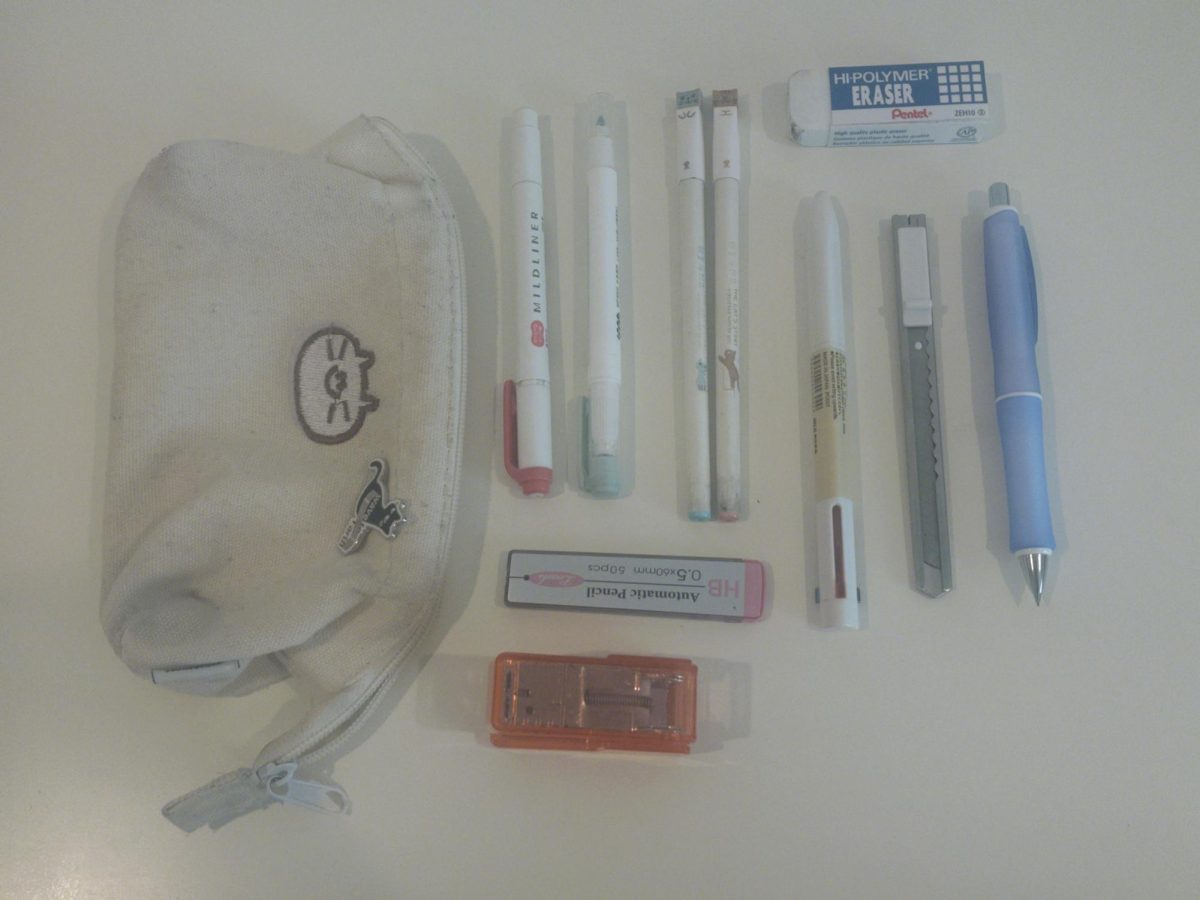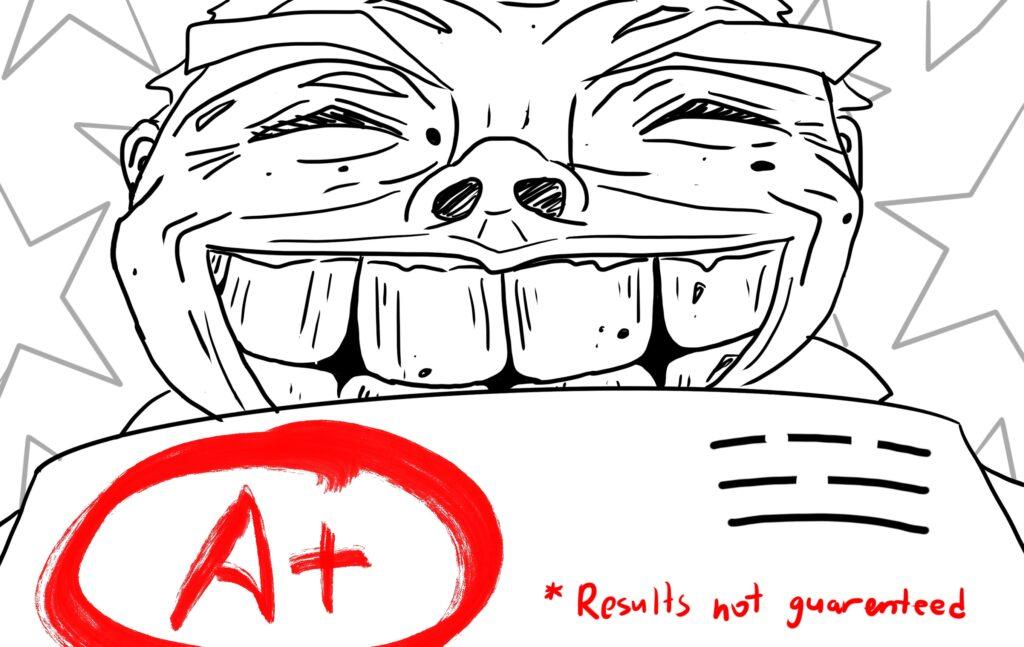Writing essays is hard. I know this, you know this, we all know this. From brainstorming to nitpicking every word to figuring out what the teacher even means by words like “creative” or “analytical,” the process of essay writing is filled with plenty of struggles.
My biggest issue with essay writing is just simply how long it takes. From planning to writing to editing, coupled with my robust procrastination skills, it is a long and arduous process. Essay writing often starts with me sitting down at the computer with a blank Google Doc open, and ends with that same Doc 4 hours later with hardly any progress.
That’s not to say that there aren’t some ways of writing faster and less painfully. Here’s what I’ve learned: Call it “Aiden’s Rules to Essay Success.”
First, while you can always go with a mundane writing strategy like procrastinating less or getting rid of distractions like your phone when you write, it’s actually a better solution to simply write everything last minute and naturally. Then avoid the temptation to proofread it. This way, you can deliver a much more genuine and raw version of your thoughts — commas errors, run-on sentences, sentence fragments and spelling errors be damned. Creativity is also crucial when it comes to essays. Obviously, running every single story through the five-paragraph cookie cutter mold is boring. Instead, why not mix up the ordering of all your paragraphs at the end after you’re done writing them? With 120 totally unique combinations to reorganize those five paragraphs, your creativity will soar.
Perhaps what’s even better is that this strategy is not just beneficial for students; it also helps your teachers embody their inner detective as they painfully try to decipher your intended meaning. And let’s be honest: If the reader can’t understand that the new format is 120 times better than before, they’re simply not reading closely enough.
Secondly, you might as well just scrap MLA format altogether. What — are the people in the Modern Language Association going to read your essay? I didn’t think so. Besides, removing your name and title from the story offers a plethora of benefits. Not only do you leave the title of the story up to further creative judgment from the reader, your teacher will also have to guess who could have possibly produced such a masterpiece, heightening their intrigue and likely increasing your score.
Clearly, writing essays is hard for most people, but it doesn’t have to be. This guide will help you unleash your inner creativity and your grade will experience exponential growth — from 0 to 0.


























